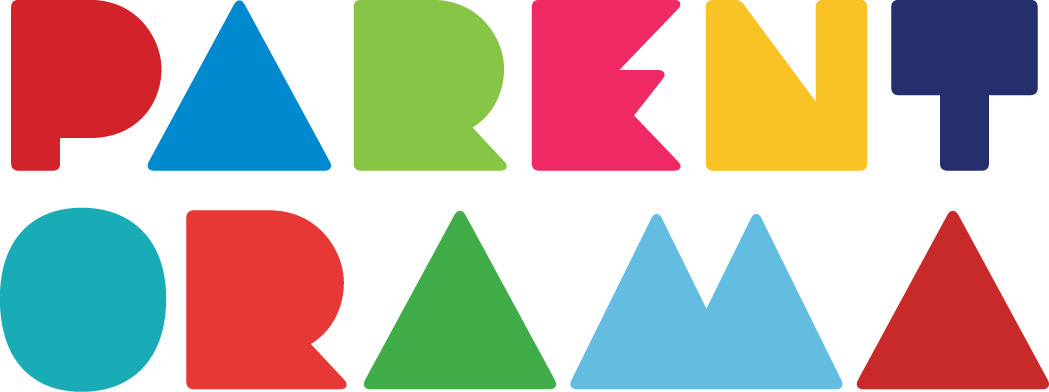Researchers at the University of Galway Create Digital Babies to Better Understand Infant Health
Researchers at the University of Galway have developed digital babies to gain a deeper understanding of infant health during the critical first 180 days of life. The team has created 360 advanced computational models that simulate the unique metabolic processes of each baby.
Key Points:
- Innovative Models: These digital babies are the first full-body computational models representing the metabolism of newborns and infants, incorporating 26 organs, six cell types, and over 80,000 metabolic reactions.
- Data Utilization: Real data from 10,000 newborns, including gender, birth weight, and metabolite concentrations, was used to create and validate these models. They can be personalized, allowing scientists to explore the metabolism of individual infants for precision medicine applications.
- Research Collaboration: The work was carried out by a team at the Digital Metabolic Twin Center at the University of Galway and Heidelberg University, led by Professor Ines Thiele from APC Microbiome Ireland.
- Advancing Precision Medicine: The goal of the research is to advance precision medicine through computational modeling. The models enhance understanding of infant metabolism and create opportunities to improve the diagnosis and treatment of medical conditions during the early days of an infant’s life, including inherited metabolic diseases.
- Unique Metabolic Features: Professor Elaine Zaunseder from Heidelberg University emphasized that infants have unique metabolic characteristics that enable them to grow and develop healthily. For example, due to their high surface area-to-mass ratio, infants require more energy to regulate body temperature, as they cannot shiver during the first six months of life.
- Application of Data: The team used data from real breast milk and formula to simulate metabolism across the infant’s body, including various organs. The models demonstrated that digital babies, when fed similarly, would grow at the same rate as real-world infants.
- Early Detection: Professor Ines Thiele highlighted that newborn screening programs are crucial for early detection of metabolic diseases, improving infant survival rates and health outcomes. The variability in how these diseases manifest in infants underscores the urgent need for personalized disease management approaches.
- Clinical Applications: The models allow researchers to study both healthy infants and those with inherited metabolic diseases, predicting known biomarkers and responses to various therapeutic strategies. This has potential clinical applications, showcasing the models’ capabilities in real-world settings.
- Revolutionizing Pediatric Care: Elaine Zaunseder added that this research is a significant step towards creating digital metabolic twins for infants, providing a detailed view of their metabolic processes. Such digital twins have the potential to revolutionize pediatric healthcare by enabling tailored disease management for each infant’s unique metabolic needs.



